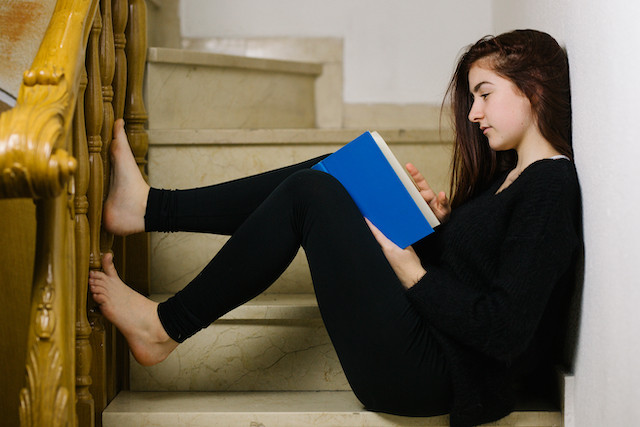Lockdown in Luxembourg does not appear to have done homeschooling any favours as the number of young people following alternative learning programmes remotely remained stable.
According to education ministry figures requested by Delano, in public primary schools, 113 pupils were registered for homeschooling in 2018-2019, rising to 117 in 2019-2020.
In public secondary schools, 39 pupils were registered in 2018-2019, dropping to 35 in 2019-2020.
With all children asked to switch to a formal style of homeschooling when lockdown began on 16 March, the reputation for homeschooling generally appears to have taken a hit.
“I have heard from a lot of parents who thought that the covid confinement schooling from home was a test for the real experience of homeschooling, and they hated all the pressure that was put on them as parent-teachers and now believe that homeschooling would never work for them,” Kerry*, a parent who has been homeschooling her daughter since 2019, told Delano.
“I'd like them to know that real homeschooling is different. There are many ways to homeschool, and in my daughter's programme, there are textbooks to read, videos to watch, but written assignments are submitted once a week or a few times a month, so there is no daily pressure to submit a group of assignments, and no need to manage a bunch of passwords, apps and websites.”
Kerry began using a distance learning program to homeschool her daughter in 2019. Previously, she said that her daughter struggled to express herself and understand complex instructions in the multi-lingual learning environment of her school. The experience has been so positive, her younger son has requested to switch to homeschooling in autumn.
“Most of all, they felt a lot of stress at school, with homework every day that took up all their evenings and did not seem useful (for example, copying entire history lessons rather than reviewing the main points),” Kerry said. “I thought it was a shame that they did few science or art projects. They both disliked school and spent the weekends dreading Monday, often in tears. I think learning should be an enriching experience of growth and discovery, and I thought I should try to create a better way of life for them.”
The switch has paid off. Kerry said her daughter’s attitude to learning and her parents in general is “totally different now”. “She is so much happier. In her free time, she is reading further about the subjects she's studying and she has a real desire to learn more.”
